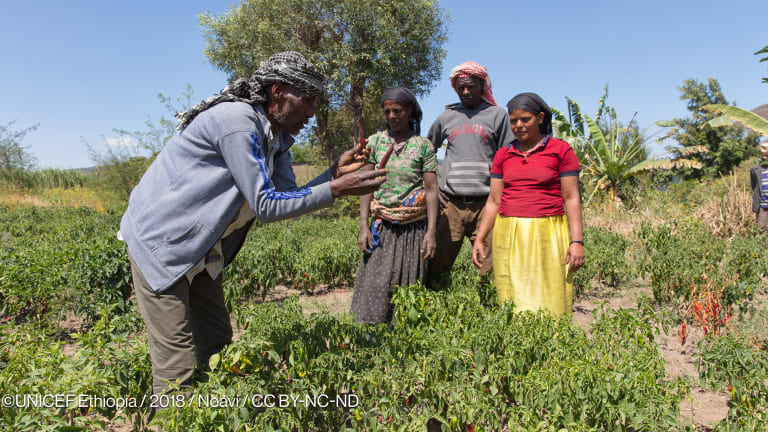A global coalition of governments, U.N. agencies, NGOs, and grassroots groups has devised a new strategy to promote agroecology — which calls for agricultural models that work in sync with nature, as opposed to industrial farming — as a means to transform food systems for an era of climate change.
Often described as “a science, a set of practices and a social movement,” agroecology takes a holistic view of farming that considers not just soil and crops, but also wider environmental and social issues such as sustainability and farmer livelihoods. It emerged from Indigenous communities and has rapidly gained traction over the last decade.
The coalition’s strategy, published last week, aims to accelerate the transformation of global food systems over the next six years — culminating in 2030, the target date to achieve the U.N. Sustainable Development Goals. Its nearly 300 member organizations spent the last year in consultations on just how that will work.








